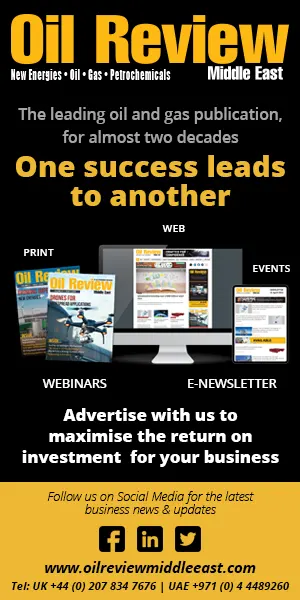
The portfolio Masdar plans to acquire consists of 48 operational solar plants of 2GW aggregated capacity. (Image source: Adobe Stock)
Masdar reached an agreement with Endesa to become a partner for 2.5GW of renewable energy assets in Spain
This is subject to regulatory approvals and other conditions. The transaction would see Masdar invest US$817mn to acquire a 49.99% stake, with an enterprise value of US$1.7bn, representing one of Spain’s biggest renewable energy deals.
The portfolio Masdar plans to acquire consists of 48 operational solar plants of 2GW aggregated capacity. Endesa and Masdar aim to add 0.5GW of battery energy storage system (BESS) to the projects. The partnership reinforces Masdar’s reputation as a trusted global energy partner for governments, investors, developers, and communities.
In addition to the acquisition Share Purchase Agreement (SPA), Masdar and Endesa have signed a Memorandum of Understanding (MoU) to explore an alliance aimed at jointly developing renewable energy projects in Spain.
The deal reflects Masdar’s ambitious growth plans in Europe, having recently announced that it has reached a definitive agreement with Greece’s GEK TERNA SA and other shareholders of TERNA ENERGY SA to initially acquire 67% of the company’s outstanding shares, subject to regulatory approvals and other conditions. With a strong portfolio of projects in Greece and Europe, TERNA ENERGY is targeting renewable energy operational capacity of 6GW by 2030.
In March this year, Masdar and Spain’s Iberdrola also reached financial close on the 476MW Baltic Eagle offshore wind project located in the Baltic Sea off the coast of Germany.
HE Dr Sultan Al Jaber, chairman of Masdar, said, “Building on Masdar’s global expertise and pioneering approach to renewable energy innovation and development, this partnership underscores our commitment to unlocking clean energy capacity in Spain, Europe, and around the world, supporting the global mandate enshrined in the COP28’s UAE Consensus to triple renewable energy capacity by 2030 enabling a just, orderly and equitable energy transition. Masdar is accelerating its ambitious growth plans as we target 100GW of renewable energy capacity by the end of the decade.”







